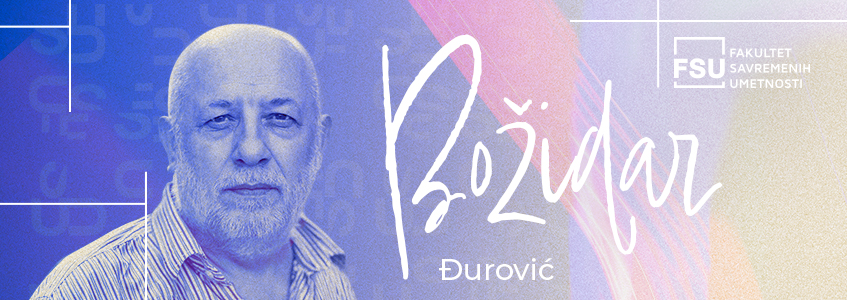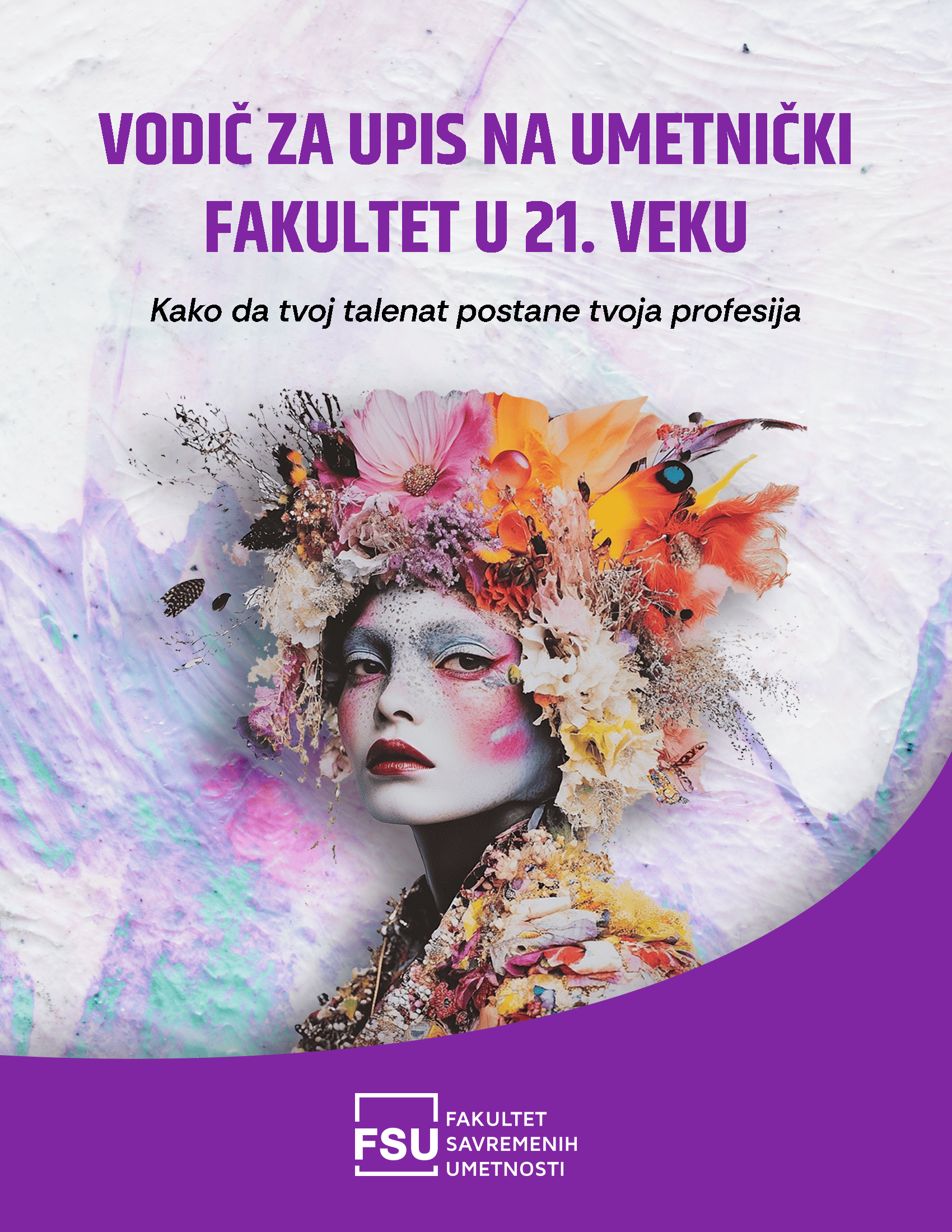
BOŽIDAR ĐUROVIĆ: ART AND CULTURE CONFRONT CHALLENGES
Andjela Petrovic / / News / 12. 03. 2024.
In commemorating the 140th anniversary of the Nikšić Theatre, director Božidar Đurović decided to stage the premiere performance of Kovačević’s play “Kumovi” (“Godfathers”), offering an artistic response to current social challenges. Đurović’s directorial vision, rooted in the local context, sets the foundation for a unique artistic experience that pushes boundaries and reflects broader societal themes.

How do you comment on the fact that 140 years ago, as can be concluded from the writings of “Glas Crnogorca”, theaters and culture were evidently a matter of prestige in this region, both for citizens and authorities?
– Paradoxically, but truthfully, in 1449, the then Zeta, now Montenegro, at the Crnojević Printing House in Cetinje, published “Oktoih”, when many European countries with incomparably more significant cultural traditions did not have printing houses. Nearly four centuries later, and almost half a century after the founding of the Princely Serbian Theatre in Kragujevac, there arose a need for two theaters to be established in Cetinje and Nikšić, within a month of each other. There was likely prestige between these two small but historically significant cities, and I firmly believe that the plays emerged from the authentic need of citizens for theater and culture. It was a great honor for me to direct a play that would mark such a significant anniversary, among other events, and I gladly accepted the offer from Radinko Krulanović, the director of the Nikšić Theatre.
You have directed many works by Dušan Kovačević on various stages (“Šta je to u ljudskom biću što ga vodi prema piću”, “Urnebesna tragedija”, “Balkanski špijun”, “Profesionalac”). Interestingly, in 2001, you were the first to stage one of the most important contemporary playwrights’ works in our national theater in Belgrade, “Sabirni centar”. How do you comment on that paradox?
– Even as a student, with his first play “Maratonci trče počasni krug”, Dušan Kovačević became an unavoidable figure in Serbian dramatic literature, and judging by the performance of his texts around the globe, one of the most significant European playwrights.
Just as in the work “Sabirni centar”, Kovačević, in this play “Kumovi”, “places” his characters in events that begin in “the other world”. Although these stories are universal, do they concern us the most, because, based on what has been happening to us for more than thirty years, it seems as if we are from “the other world”?
– To tell stories convincingly in literature, especially on stage, Dušan Kovačević, with incredible inventiveness and originality in “Sabirni centar”, uses scientifically proven clinical death, and in “Kumovi”, reincarnation inherent in Buddhist belief. The idea of “Sabirni centar” was contained in Professor Pavlović’s line: “I had to die to find out who I lived with.”
The play “Kumovi”, thanks to reincarnation and the writer’s astonishing understanding of human and canine nature, speaks about the indestructibility of true friendship, truth, and the human soul. Although this Kovačević play is largely imbued with mentality, giving it a special charm and recognizability, and thus potential stage appeal and longevity, it is undeniable that this story does not know spatial boundaries and can function on any European stage, especially in unregulated societies, like ours.
Why did you decide to mark the anniversary of the Nikšić Theatre with this particular piece?
– I conceived and directed “Kumovi” theatrically as soon as I read the text. Years and years passed, and I patiently waited for all the pieces to fall into place. I am convinced that now is the right time to breathe new theatrical life into this brilliant work, especially since, for reasons unrelated to theater, it did not happen in my home institution. “Kumovi”, like all of Kovačević’s plays, although rooted in contemporary social reality, is not based on banal and easily changeable day-to-day political events. On the contrary. They anticipate and unmistakably sense the consequences of an unfortunate reality. Thus, “Kumovi” now has an even more pronounced relevance and social engagement than a decade ago, when it premiered at the Zvezdara Theater. Today, certain lines sound as if the ink on the text has not even dried yet.
What excites you most about the play subtitled “Komedija svakodnevne tragedije”?
– The subtitle of “Kumovi” unmistakably points to thematic and tragicomic genre specificity, which fits perfectly into my theatrical poetics and critique, but it also has an empathetic view of humans and human nature. That is one reason why I directed several of Kovačević’s plays. An unusually imaginative and interesting story rooted in a long and difficult-to-change social everyday life is an intriguing theatrical challenge.
Source: Danas
 |
Registration IS open. |
| APPLY AND BECOME PART OF THE CLASS OF 2025/26 » |




